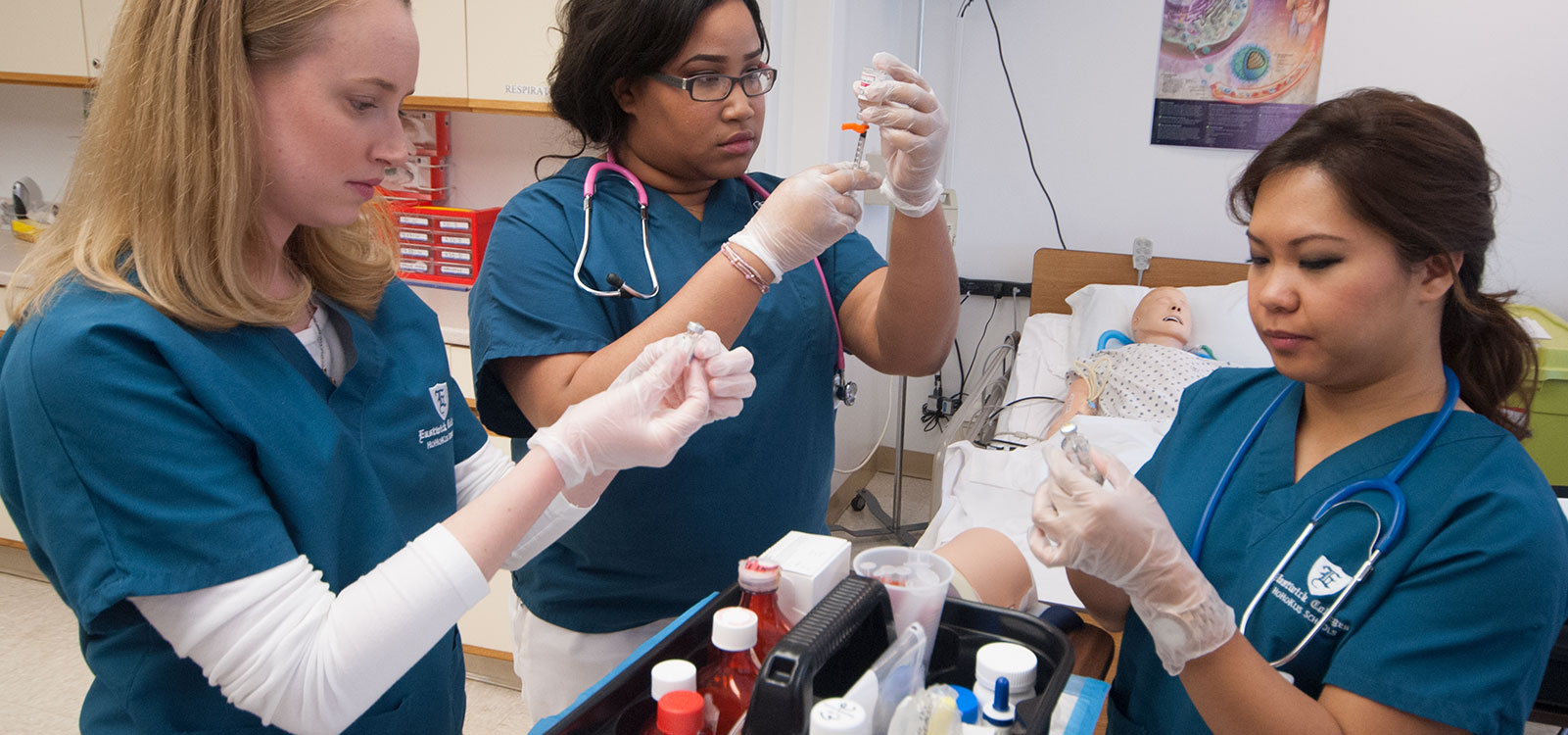Exploring Nursing School: Critical Takeaways for Aspiring Nurses
Starting nursing is a transformative experience that prepares aspiring nurses with the skills and expertise essential for a fulfilling profession in healthcare. For numerous, the decision to follow nursing stems from a profound passion for assisting others and creating a real difference in their lives. As prospective nurses begin on this rigorous academic journey, understanding what lies ahead can reduce some of the uncertainties and difficulties they may face.
Navigating nursing program involves much more than mastering clinical skills and theoretical knowledge; it requires a commitment to personal development and resilience. From hands-on practice in simulation environments to clinical rotations in various healthcare contexts, students will experience a blend of rigorous coursework and real-world application. This piece will explore the critical knowledge that can prepare aspiring nurses for achievement, highlighting important aspects such as learning strategies, time management, and the essential support systems available throughout this demanding program.
Curriculum Overview

The curriculum in nursing education is designed to provide a thorough basis in both theoretical knowledge and hands-on skills. Students typically begin with fundamental courses that cover subjects like human anatomy, physiology, microbial science, and drug study. These classes are essential as they help prospective nurses comprehend the human body and the diseases that can impact patients. Mastery of these subjects is vital for secure and efficient patient care.
As students progress, they participate in more advanced nursing courses. These may comprise child health nursing, geriatric nursing, mental health nursing, and community health. Every course builds on previous knowledge and introduces students to various clinical scenarios and patient populations. The goal is to equip nursing students with the analytical skills necessary to assess and respond to the varied needs of patients in various settings.
In addition to classroom learning, nursing programs emphasize practical clinical experience. Through partnerships with hospitals and healthcare facilities, students participate in clinical rotations where they apply their knowledge in actual environments. This experiential training is vital, as it helps students develop essential nursing skills, such as patient assessment, communication, and the administration of care under guidance. In conclusion, the integration of coursework and clinical practice prepares students to join the nursing workforce with confidence and capably.
Clinical Experience
Clinical experience is a key component of nursing school, providing students with the possibility to apply theoretical knowledge in real-world settings. During clinical placements, nursing students work alongside seasoned nurses in different healthcare environments, including medical facilities, clinics, and public health locations. This hands-on experience allows students to develop essential skills, such as patient assessments, medication administration, and communication with healthcare teams. It is during these experiences that students begin to develop their nursing identity and gain confidence in their skills.
Each nursing program ordinarily includes a systematic schedule of clinical placements that correspond with the coursework being studied. For exemplar, when students study topics related to medical-surgical nursing, they often take part in rotations in medical units where they can attend to patients with varied health conditions. This combination of theory and practice ensures that students not only learn how to execute nursing tasks but also understand the rationale behind each action, fostering critical thinking and decision-making skills.
Moreover, clinical experience further emphasizes the importance of professionalism and interpersonal skills. Nursing students encounter various patient populations and learn to change their communication styles to satisfy individual needs. This interaction is essential for building rapport and trust with patients, which ultimately enhances patient care. Students receive evaluation from clinical instructors, enabling them to consider on their practice and make essential improvements, thereby preparing them for their future roles as empathetic and competent nurses.
Career Opportunities
A nursing education provides a broad range of career opportunities in the healthcare field. Graduates can explore diverse roles, ranging from bedside care in hospitals to specialized positions in clinics and community health settings. With the increasing demand for healthcare professionals, nurses are sought after in various environments, including emergency rooms, critical care units, and outpatient facilities. This flexibility allows new nurses to discover a role that fits their passions and strengths, whether that be pediatrics, geriatrics, or mental health.
Moreover, nursing school trains students not only with clinical skills but also with the knowledge necessary to move into leadership roles. As registered nurses gain experience, they can shift to management positions, such as nurse managers, clinical coordinators, or even hospital administrators. Advanced education, such as earning a Master’s or Doctorate in Nursing, provides additional doors for roles in education, research, and specialized practices, like Nurse Practitioners or Clinical Nurse Specialists.
In besides traditional healthcare settings, nurses can pursue alternative career paths in areas like public health, health policy, and informatics. lecolliget learned in nursing school create a strong foundation for roles that influence healthcare delivery on a broader scale, advocating for patient care improvements and community health initiatives. With the healthcare landscape always transforming, nursing offers a versatile career that responds to both personal interests and societal needs.